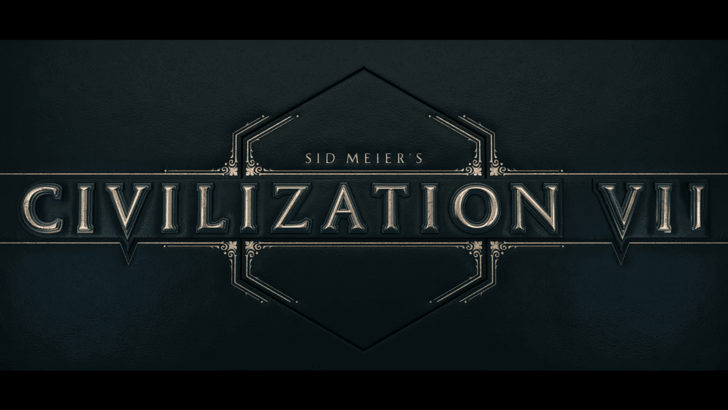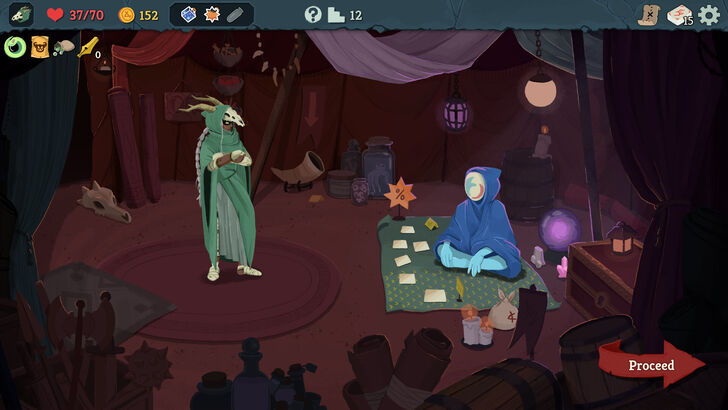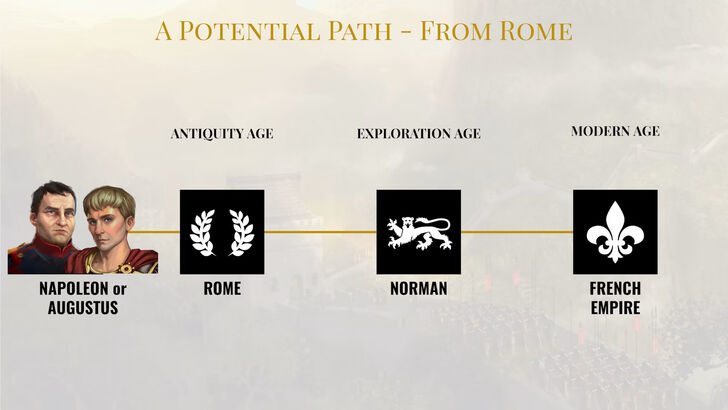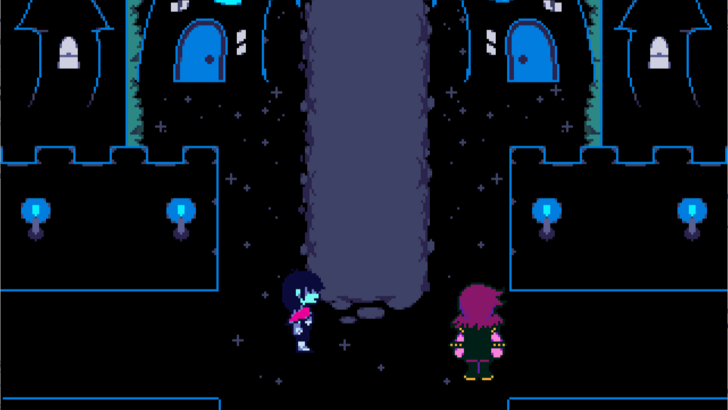Civilization VII Tops PC Gamer's "Most Wanted" List for 2025

Civilization VII has been crowned the most anticipated PC game of 2025 by PC Gamer's "Most Wanted" event. The game's Creative Director shed light on new mechanics designed to enhance campaign engagement. Read on for details from the PC Gaming Show and a glimpse into Civ 7's innovative features.
Claiming the Top Spot

On December 6th, the PC Gaming Show: Most Wanted, hosted by PC Gamer, revealed Civilization VII as the number one most anticipated game of 2025. The event highlighted the top 25 most exciting games in development for the coming year, ranked by a vote from "The Council," a panel of over 70 developers, content creators, and PC Gamer editors. Alongside the game rankings, the show featured new trailers and updates for other titles, including Let's Build a Dungeon and Drivers of the Apocalypse.
A Strong Showing

Doom: The Dark Ages and Monster Hunter Wilds secured the second and third spots, respectively, while Slay the Spire 2 claimed fourth place. Other notable games on the list included Metal Gear Solid Delta: Snake Eater, The Thing: Remastered, and Kingdom Come: Deliverance II. Interestingly, Hollow Knight: Silksong was absent from the rankings and didn't receive a trailer showcase.
Civilization VII is slated for simultaneous release on PC, Xbox, PlayStation, and Nintendo Switch on February 11, 2025.
New "Ages" Mechanic Enhances Campaign Completion
In a PC Gamer interview on December 6th, Civ 7's Creative Director, Ed Beach, discussed a groundbreaking new campaign mechanic: "Ages." This feature directly addresses Firaxis Games' data revealing a significant number of Civ 6 players never completed the campaign.
Beach stated, "We had a lot of data that people would play Civilization games and they would never get all the way to the end...so we wanted to do whatever we could—whether it was reducing micromanagement, restructuring the game—to really address that problem directly."
The "Ages" system divides a single playthrough into three distinct chapters: Antiquity Age, Exploration Age, and Modern Age. Upon the conclusion of each Age, players can transition to a historically or geographically linked civilization, mirroring the rise and fall of real-world empires.
Strategic Succession

This transition isn't random; it's designed to maintain historical context. For example, the Roman Empire might progress to the French Empire, potentially with the Norman Empire bridging the gap. Your leader remains consistent across Ages, fostering a sense of continuity and rivalry. The game's website emphasizes, "Leaders persist across all Ages, ensuring you always have a sense of who is part of your empire, and who are your rivals."
An "overbuild" feature allows construction atop existing structures after transitioning to a new Age, while Wonders and certain buildings remain intact throughout the playthrough. This innovative system allows players to experience multiple civilizations within a single campaign, managing diverse cultural, military, diplomatic, and economic challenges while maintaining a connection to their chosen leader.








![Taffy Tales [v1.07.3a]](https://imgs.xfsxw.com/uploads/32/1719554710667e529623764.jpg)











